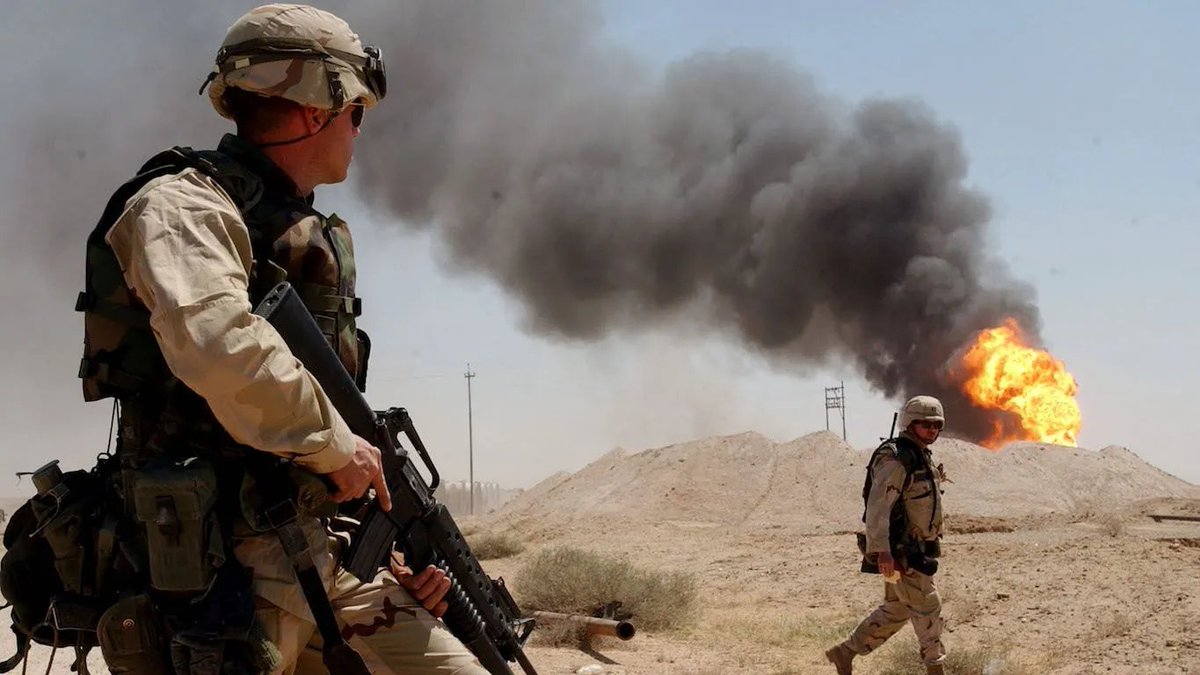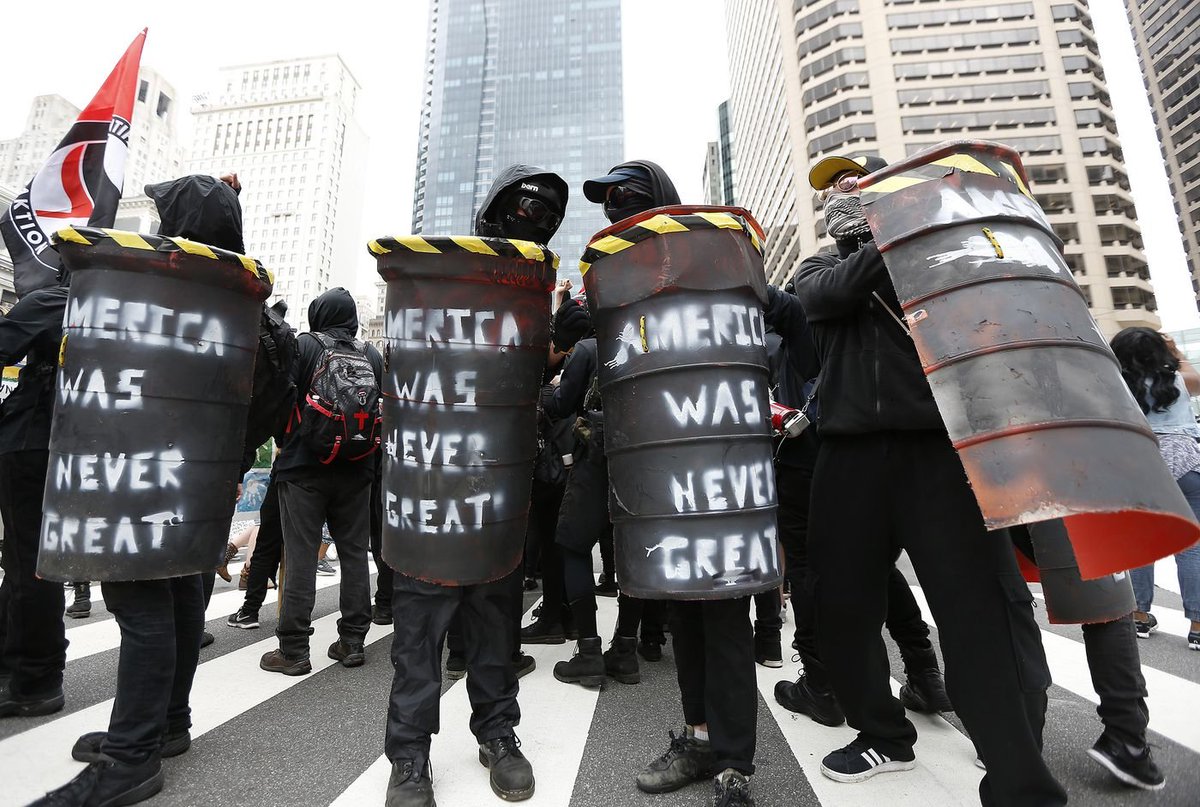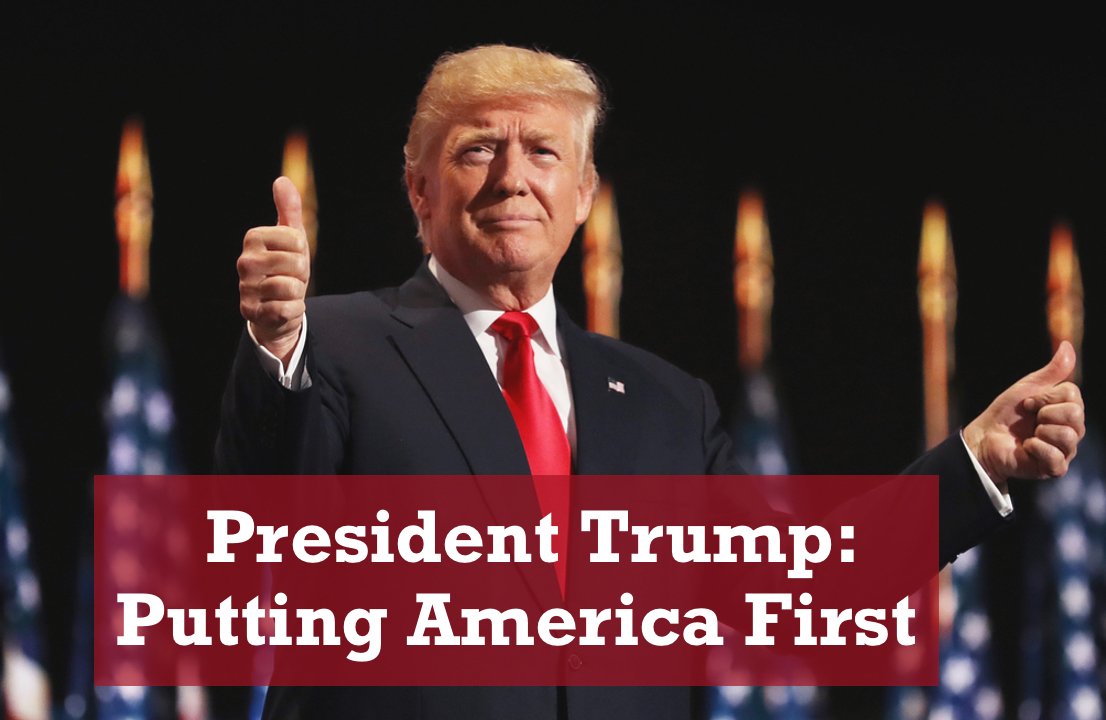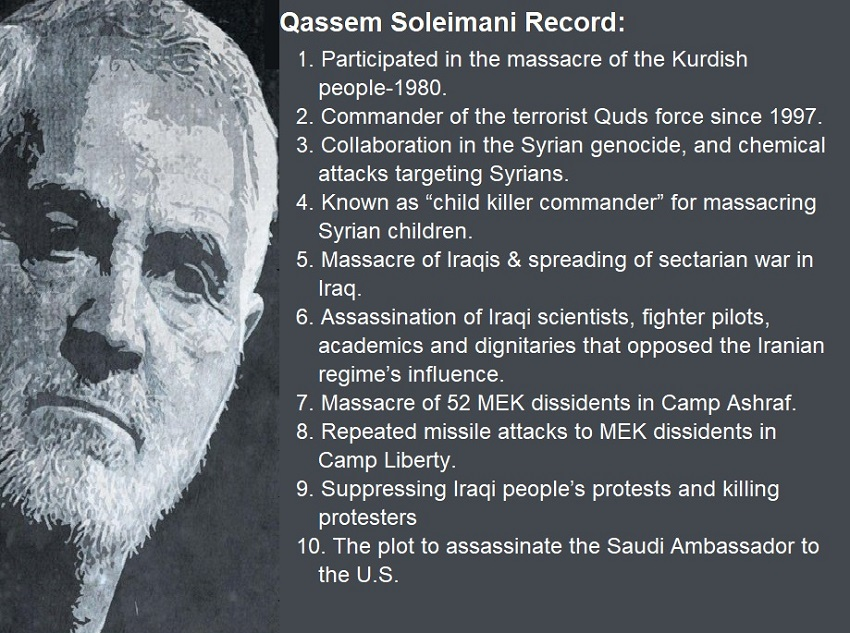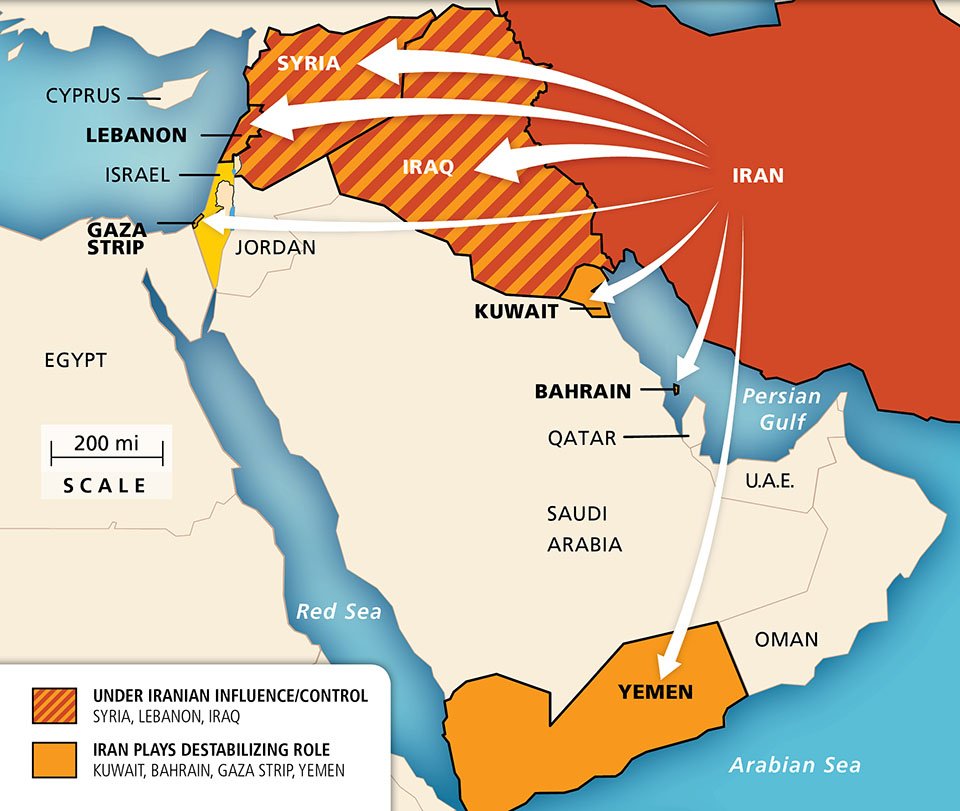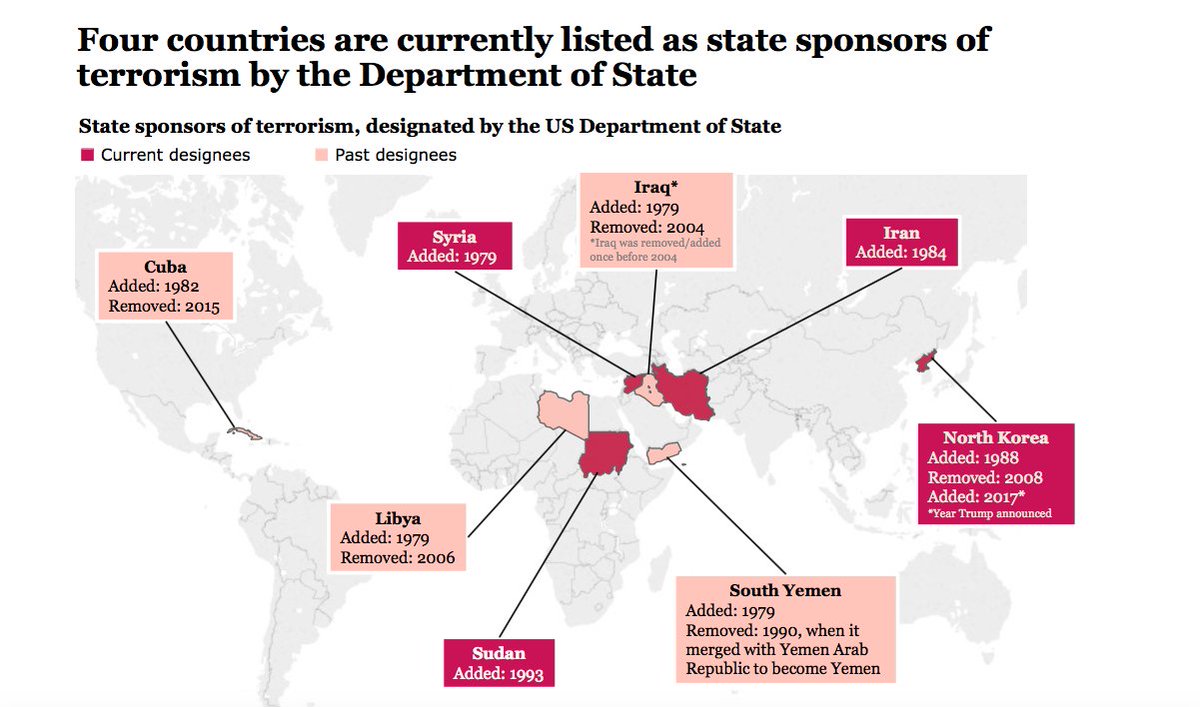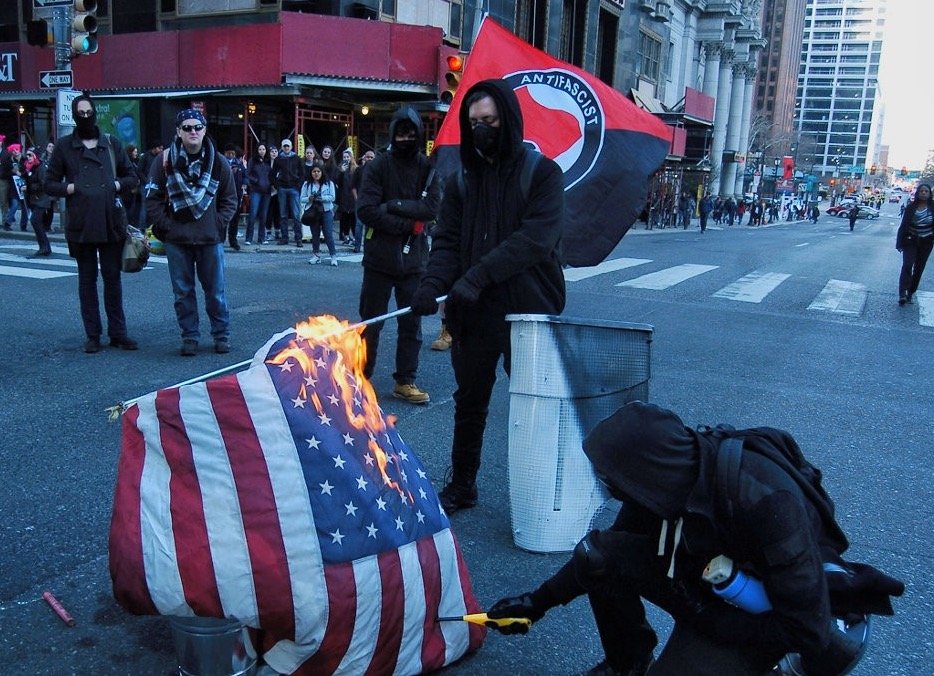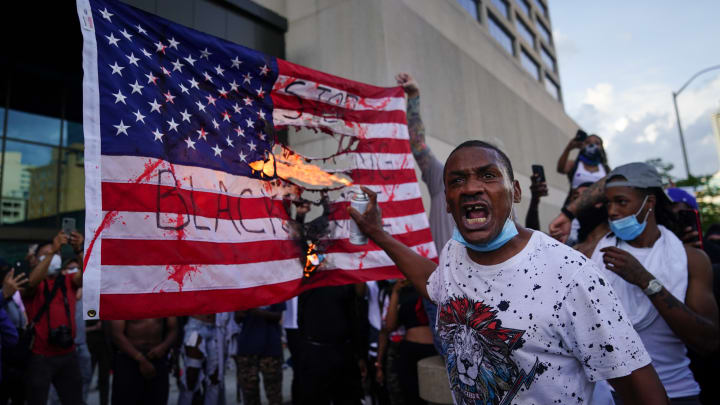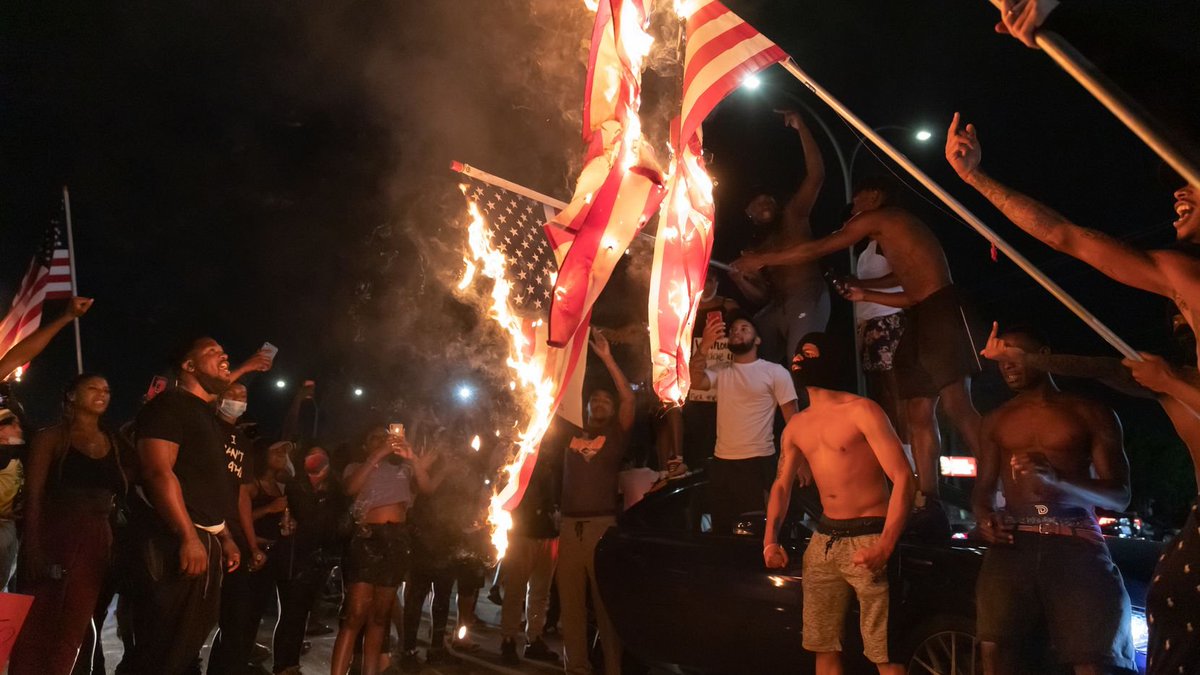After American forces killed Qasem Soleimani in January 2020, I thought we were going to war with a China-Russia-Iran coalition. As tensions mounted and Iran threatened retaliation, I considered joining the military.
This was an odd feeling. I haven& #39;t considered military service since my ASVAB score drew interest from AF, Navy, AMCOM. Free, delayed college was tempting. This was after 9/11 (peak patriotism), before Iraq. Luckily, I chose to pay for college and avoided over a decade of wars.
By March, prospects of a new war with a China-Russia-Iran coalition gave way to a fear-mongering overreaction to a low-fatality pandemic. Americans, already divided in an election year, turned against each other.
This summer, I became more isolationist than ever.
This summer, I became more isolationist than ever.
This see-saw of fight/flight forced me to confront something. If I looked back pessimistically on Bush/Obama wars, how could I logically justify a Trump war? What did I feel was worth dying for in January? What legacy would I want etched on my grave?
The answer: America First
The answer: America First
I believed (and still do) that Soleimani& #39;s assassination was a strategic elimination of a foreign threat to millions of people. It wasn& #39;t a Cold War move to install a friendly dictator. It wasn& #39;t an "arbitrary" drone strike. He was a genocidal monster, and the world is safer now.
It was unsurprising that China, Russia, Syria (and the Western media) condemned the assassination, even in light of the thankful voices from the Middle East, particularly within Iran itself.
However, the message was clear: Legitimate threats to American lives will be neutralized
However, the message was clear: Legitimate threats to American lives will be neutralized
How was he a threat to American lives?
Soleimani& #39;s influence was profound. He supported Assad in Syria, Shia militias in Iraq, Houthi rebels in Yemen, Hezbollah everywhere, etc...all threats to regional stability.
He was a powerful obstacle to peace in the Middle East.
Soleimani& #39;s influence was profound. He supported Assad in Syria, Shia militias in Iraq, Houthi rebels in Yemen, Hezbollah everywhere, etc...all threats to regional stability.
He was a powerful obstacle to peace in the Middle East.
As an isolationist, I don& #39;t actually care about regional stability in the Middle East. As much as I yearn for global democracy, I won& #39;t die for another country& #39;s freedom.
Unfortunately, isolating from the source of terrorism does not diminish its threat. https://www.nationalreview.com/2016/09/middle-east-united-states-foreign-policy-isolationism/">https://www.nationalreview.com/2016/09/m...
Unfortunately, isolating from the source of terrorism does not diminish its threat. https://www.nationalreview.com/2016/09/middle-east-united-states-foreign-policy-isolationism/">https://www.nationalreview.com/2016/09/m...
Any persistent threat to the stability of a region that has bred terrorists for decades represents a threat to American safety, especially with historic competitors like Russia and China lobbying against us via proxy wars.
Soleimani was such a threat. There will be others.
Soleimani was such a threat. There will be others.

 Read on Twitter
Read on Twitter
